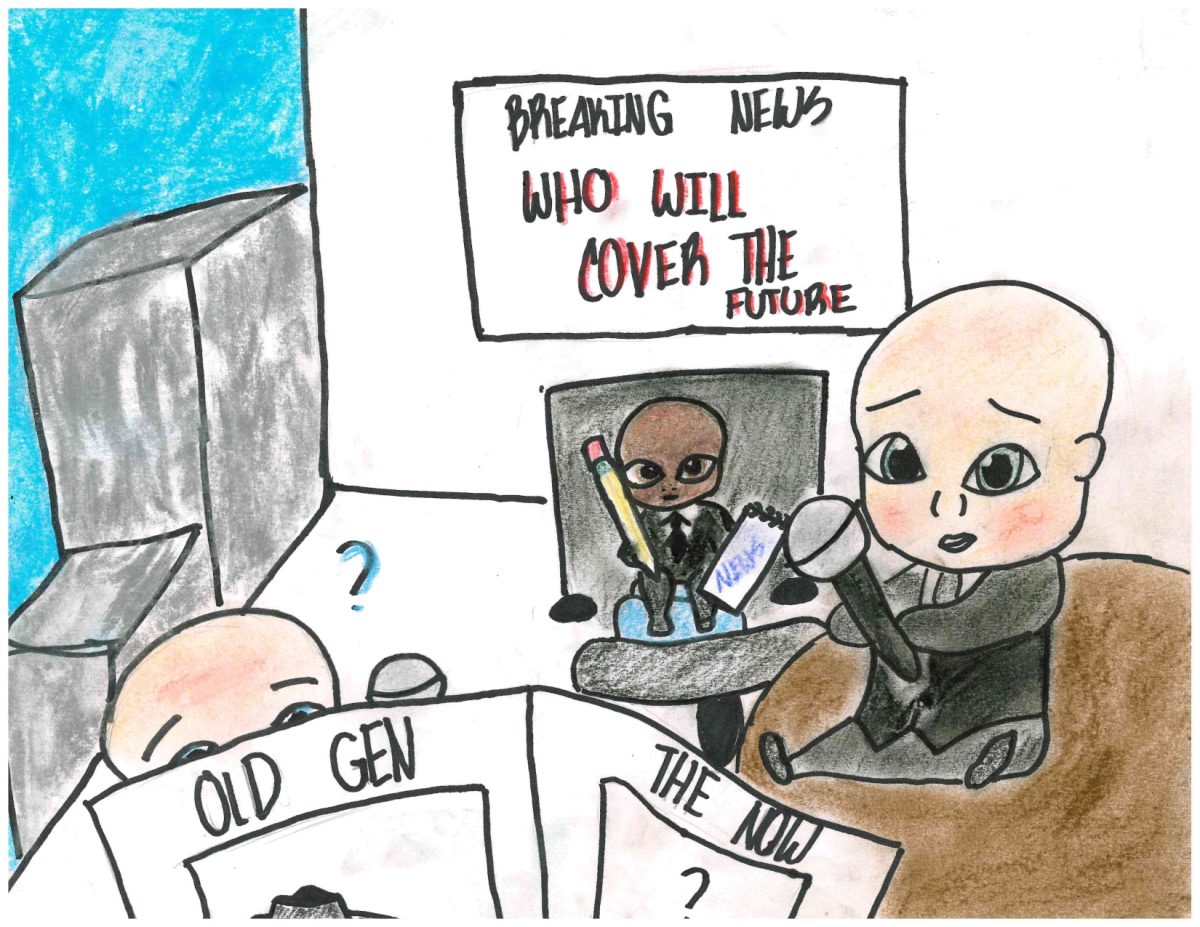Mental health needs to be taken seriously.
Mental health is more than just self-care and inspirational Instagram posts.
As a generation, we need to step up and start taking mental health seriously so that we can be the ones to fix the problems that are so prevalent.
To be clear- mental illness will always be a thing, but we can be the generation to stop perpetuating the stigma around mental illness.
If we get serious about mental health, we can be the generation of professionals that starts viewing and treating mental health and mental illness as the very real issue that it is for so many people all over the world.
According to The National Institute of Mental Health, one in five adults suffer from some mental illness.
In 2017, that was 46.6 million adults across the country.
46.6 million people with names, families, dreams, and mental illness.
The NIMH defines mental illness as, “a mental, behavioral, or emotional disorder which can vary in impact, ranging from no impairment to mild, moderate, and even severe impairment.”
Can we normalize talking about mental health?
Isn’t it time we started to have compassion for those with mental illness?
In the recent years, there has been wave of people starting the conversation about mental health.
Nevertheless, the stigma surrounding mental health persists.
Some still feel the need to whisper in a hushed voice that they go to therapy or that they take medication to treat mental illness.
Early this year, pop star Lady Gaga spoke to Oprah Winfrey as a part of Winfrey’s Wellness tour.
Gaga bravely opened up about using medication to treat her mental illness.
While Gaga’s remarks were met with support from fans, they were criticized by people across social media.
This articulates the point that the stigma around mental health is alive and well.
On social media, we notice various accounts posting “inspirational” quotes or affirmations as part of self-care.
Let’s get this straight once and for all– self-care is not mental health.
You cannot “fix” mental illness with a positive quote and aromatherapy.
Self-care can superficially improve one’s mood, but it will not treat a mental illness.
Additionally, it is time to stop making jokes about mental illness.
This is a topic that needs to be treated with care, and the jokes across social media are careless and reckless.
For those suffering from mental illness, there are resources qualified and equipped to help.
Tell your friends and family and be open about what you are going through, but please go to a qualified person who can actually help you.
National Suicide Prevention Lifeline
Call 1-800-273-TALK (8255)
Crisis Text Line
Text “HELLO” to 741741
These centers provide crisis counseling and mental health referrals and are available 24/7.
In 2017, over 42% of 46.6 million people who suffer from a mental illness received treatment.
There is hope out in the world.
Mental illnesses are proving to be more and more treatable with the advancement of medicine.
A tangible action we can all take to alleviate extra pressures potentially making any mental illness worse is reducing stress.
According to NIMH, there are different types of stress, which all could pose physical and mental health risks.
This is where self-care can come into play.
As we all grow and enter new chapters of our lives, it is important to be in tune with any changes that we feel and notice.
With taking mental health seriously, we need to keep ourselves educated.
The National Institute of Mental Health and National Alliance on Mental Illness are excellent resources dedicated to the discussion and education of mental health.
It falls on us to stay educated and well-versed on mental health if we want to improve how things are for future generations.
Way We See It: It’s time to keep talking about mental health
With a growing number of resources available to dispel misinformation about mental health, we need to have an earnest conversation about how to best help those suffering.
The Arrowhead Editorial Board
•
February 14, 2020
0
More to Discover






